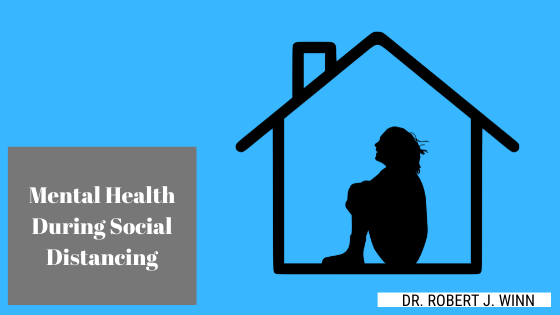Amid the COVID-19 outbreak, many people’s first concern is protecting their physical health. Hence, it’s especially helpful for individuals to maintain their distance during these times to reduce the spread of this pandemic. However, while social distancing, another issue arises as it pertains to the mental health of individuals during the quarantine. While isolation may take a toll on one’s mental health, there is also the notion that many people may be experiencing stress, confusion, fear, insomnia, and depressive symptoms. Here are a few methods to cope with common mental health concerns during quarantine:
Exercise
Staying active is great for a person’s fitness and mental health. There are hundreds of thousands of online workouts available to the public via YouTube. Individuals have extra time to prioritize their physical health, so there is no excuse. Also, fitness apps are accessible for those who want an exercise routine.
Video Calls
With social distancing, large gatherings are not recommended. Also, quarantine reduces the amount of physical interaction a person can receive. However, the opportunity to communicate is always available by utilizing applications like Skype, Zoom, and other video calling apps. This is a great way to remain connected. In fact, groups can gather on these platforms and resume their classes and festivities as they usually would in-person.
Reading
Reading is a nice escape away from the news and worry of a pandemic. It’s like watching an excellent movie that takes one’s mind into another world. Reading a real book immerses one and allows them to forget about their immediate dilemmas. During quarantine, people may not have access to their local libraries. However, they can always download ebooks or audiobooks online for free. Reading is an excellent way to kill time and learn new things.
Meditation
During this downtime, one can innovate new practices in their routine. Individuals can receive the therapeutic benefits of meditation during the quarantine. Meditation has been said to reduce stress and anxiety. Not only is meditation said to ease one’s mind, but it also helps people to get deeper sleep.
There are thousands of guided meditational audios available online along with breath work and an assortment of other meditative exercises.


